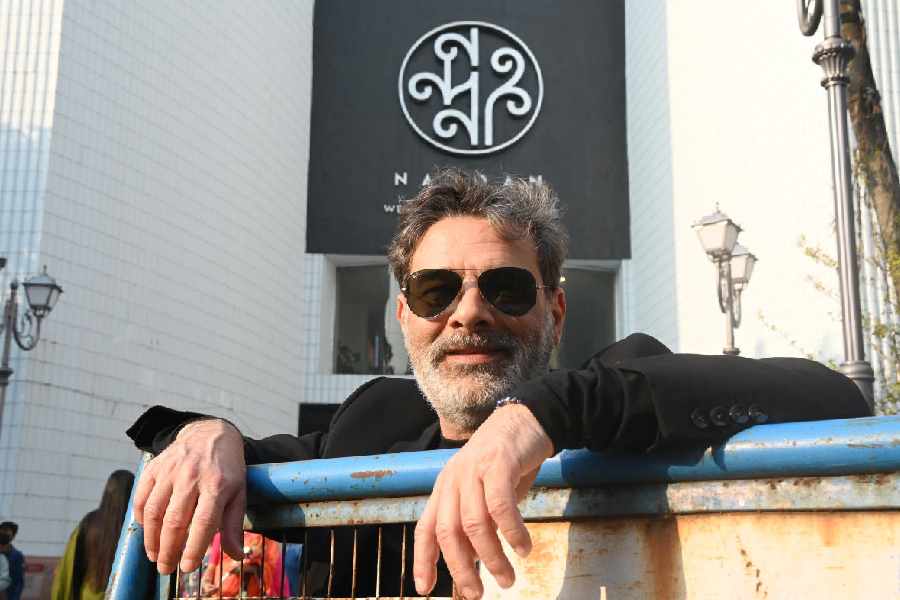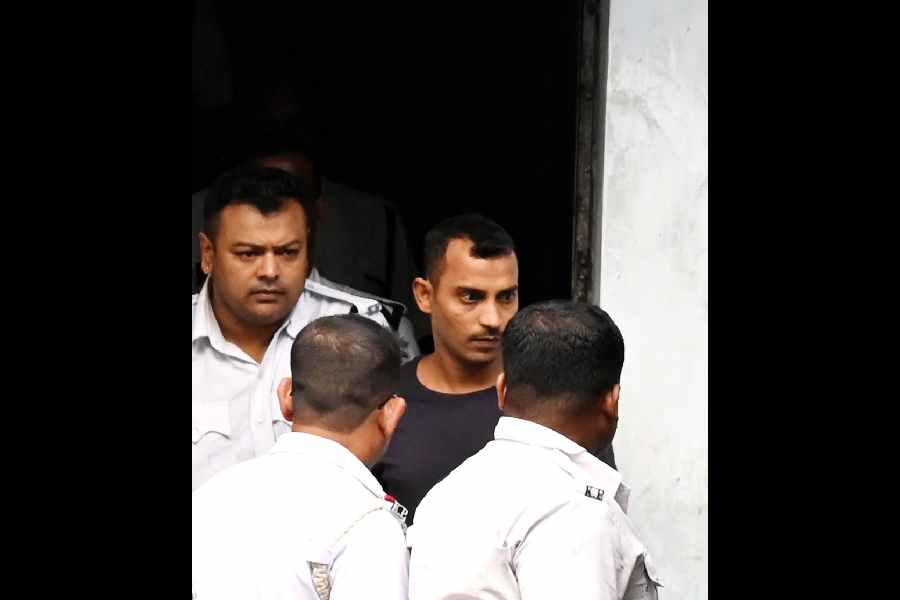Goutam Ghose’s film Parikrama, an Indo-Italian production, is a visual experience in the theatre that also tugs at the heartstrings. It is a collage of moments, with a blend of narrative styles, telling a heart-touching story of a young boy named Lala, an Italian writer-filmmaker called Alessandro making a film on the Narmada parikrama pilgrimage, his motherless son Francesco and the emotions associated when one is displaced. The stories of the motherless and the one without the motherland seamlessly blend, giving Alessandro’s perspective as a filmmaker a turning point. Ghose uses his master stroke as a director to highlight relevant issues while narrating this human story. t2 caught up with actor Marco Leonardi, who plays the role of Alessandro, at KIFF...
How did you come on board for this film?
First, I met Sergio Scapagnini, the writer of the book The Story of Lala, who is also the producer of this film. He has researched so much on India. I got to hear all the stories from him. That made me feel a kind of passion for this beautiful story he wrote on Lala. The writer mentioned me to Goutam (Ghose) and we started to work on the story together. It was such a pleasure for me to work with him. Goutam is a great director. The movie is very important for the environmental issues in India and for the world to see too… to save the planet and do better things for the world. It is also about love and human beings. There are a lot of feelings in this movie.
Were you aware of Ghose’s body of work before choosing to be an actor for his film?
Yes, absolutely! I saw Sankhachil and a few of his other films. They were all great. He was also aware of my work. He also saw my film Once Upon a Time in Mexico. It was great to work together.
Was there any special preparation required on your part to act in this film?
I read books about the Narmada issue. I tried to read as much material by myself. Then I came here and saw it all with my own eyes… it is all a disaster. I was shocked! We did the film very realistically and it was a great journey shooting this film. Finally, after many years we are able to show this film to the audience.
Were there any challenges during the film shoot?
The challenge for me was more as a human being as I am very empathetic by nature. I felt empathy for these people from the villages because for them it is their motherland. So, deep inside me, seeing all this changed me. I think this film made me a better person.
This year KIFF has a special category for films based on environmental issues and this film also highlights one such issue— the issue of environmental displacement. How important is it to use cinema to make people aware of environmental issues?
There are a lot of films on environmental issues and on climate. It is like we are taking the first step but a very important one through cinema. For me, I believe everyone is aware of this problem that we all have to try to save our planet. Films have a role to play in it to some extent.











